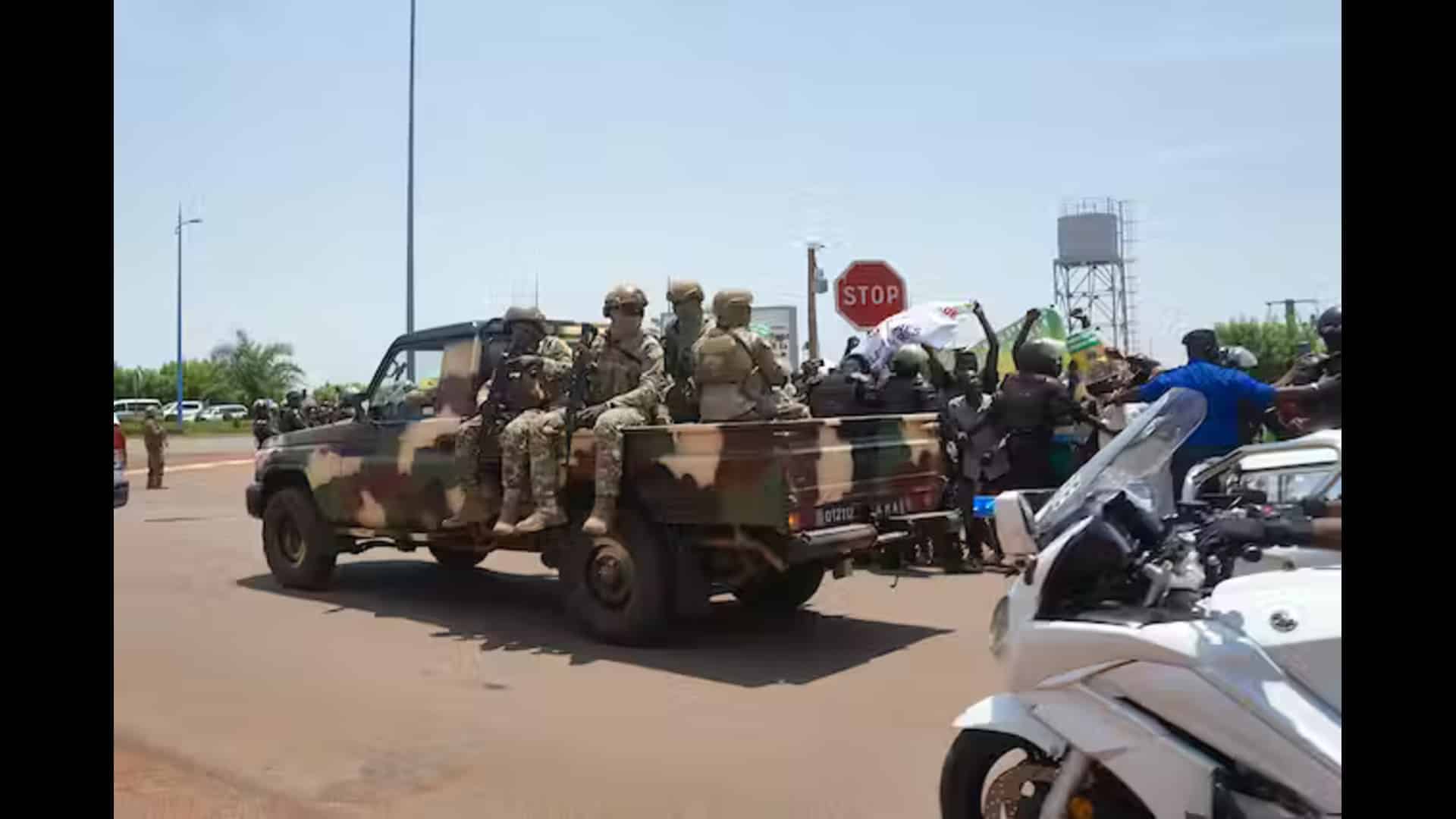On Sunday, fighting erupted once again in northern Mali between the country's army and Tuareg separatist and rebel groups. Both sides claimed advancements in the clashes, illustrating the volatile situation in the region.
Since seizing power in a coup in 2020, Mali's military rulers have prioritized efforts to re-establish sovereignty over all regions, and the city of Kidal is emerging as a potential key battleground. The strategic importance of Kidal has heightened tensions as both sides vie for control.
Mali's army, which has been advancing towards Kidal throughout the week, reported on social media that it had made "very significant progress" in the recent clashes, attributing its success to the utilization of air and ground resources. The military further claimed to have "dispersed" the opposing forces.
The conflicting narratives from the army and separatist groups highlight the complexity of the situation and the potential for a protracted conflict in northern Mali. The contested region has been a focal point for clashes, with historical tensions between the central government and Tuareg groups contributing to the ongoing unrest.
As the conflict unfolds, concerns are mounting over the humanitarian impact on the local population, and the international community closely watches the developments. The renewed clashes underscore the challenges in achieving stability and reconciliation in Mali, emphasizing the need for diplomatic efforts to address the root causes of the conflict and chart a path toward lasting peace.




















